Fiio K9 DAC review: No reason to buy the K9 Pro anymore
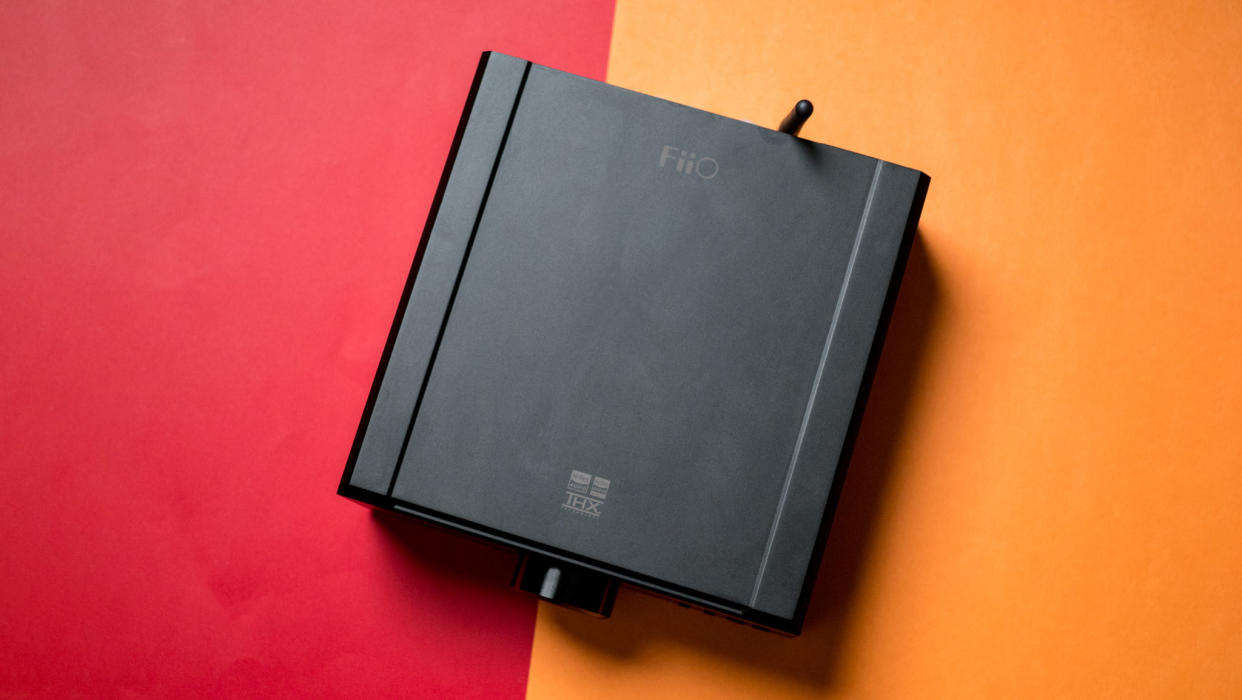
Fiio started focusing on the high-end segment two years ago, and that led to a deluge of premium products, including DACs, IEMs that used a combination of three different driver units, and network streamers. While these products were aimed at the high-end segment, they still delivered a great feature-set, and undercut their rivals by a considerable margin.
Nothing illustrates this as much as the K9 Pro DAC; Fiio did all the right things with the product, and having used it for over a year and a half, I'm convinced that there isn't anything better at this price point. The only downside is that the K9 Pro still costs $849, making it inaccessible to a mainstream audience.
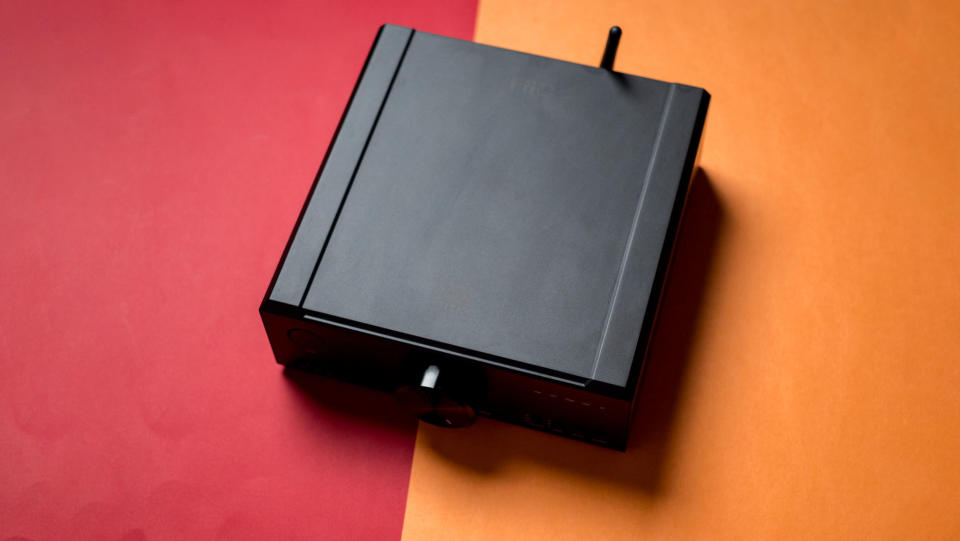
That's where the K9 comes into the equation. Fiio rolled out the K9 last year, and at the outset, there really isn't much of a difference between the standard model and the K9 Pro; both use similar ESS DACs, THX amps, Bluetooth connectivity with the same set of codecs, and an identical design. The difference is that the K9 is available for $499, just over half the asking price of the K9 Pro.
Obviously, Fiio designed the K9 to slot into the mid-range segment, filling the void between the $200 K7 and $849 K9 Pro. But by retaining the same design and a lot of the same features as the costlier K9 Pro, Fiio is running the risk of cannibalizing its high-end product, because after using the K9 for six months, I don't really see the need for buying the K9 Pro.
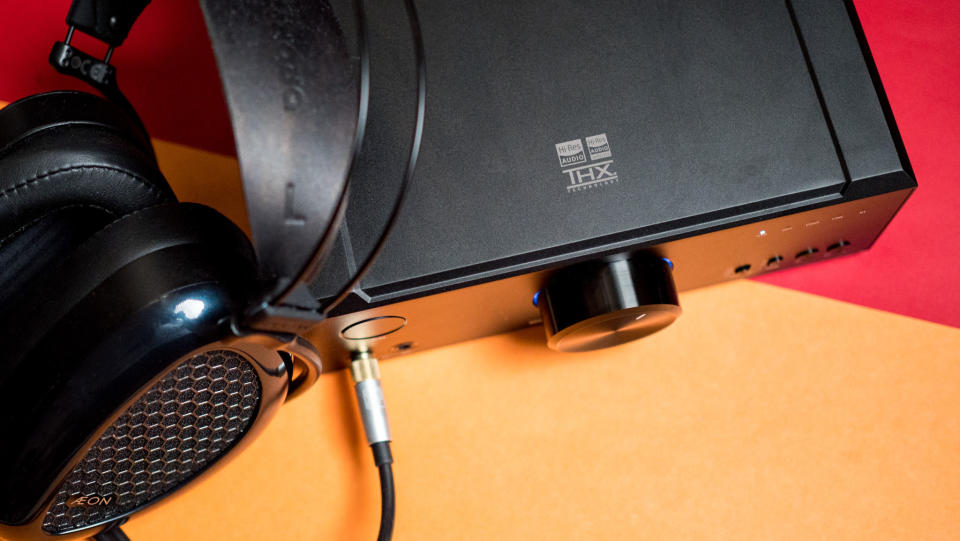
Starting with the design, the K9 uses the same chassis as the K9 Pro, and this is something Fiio is prone to doing. It did the same with the K7, which retained the chassis of the K5 Pro, and at the time, the brand noted it was to save manufacturing costs and make it easier to get the product out the door.
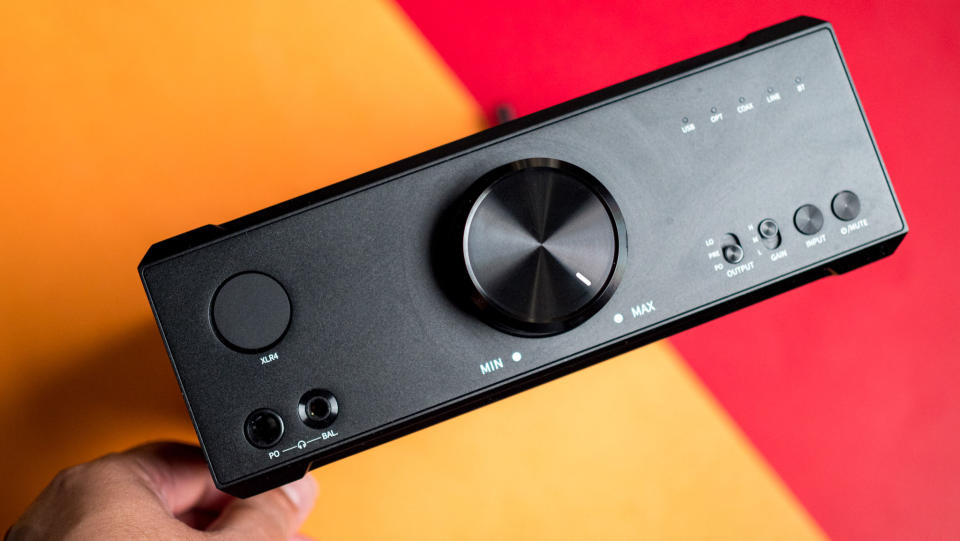
Clearly, the brand is using the same strategy here, and the K9 is nearly identical to the K9 Pro. The only difference is the lack of the Pro branding at the front of the unit, and the volume dial that dominates the front fascia doesn't have gold accents. That said, the labels underneath all the connectors and button are now in white and have better contrast, and they're significantly easier to read. This continues to be an issue on the K9 Pro, with the grey labels merging with the black chassis, making it hard to make out any of the markings.
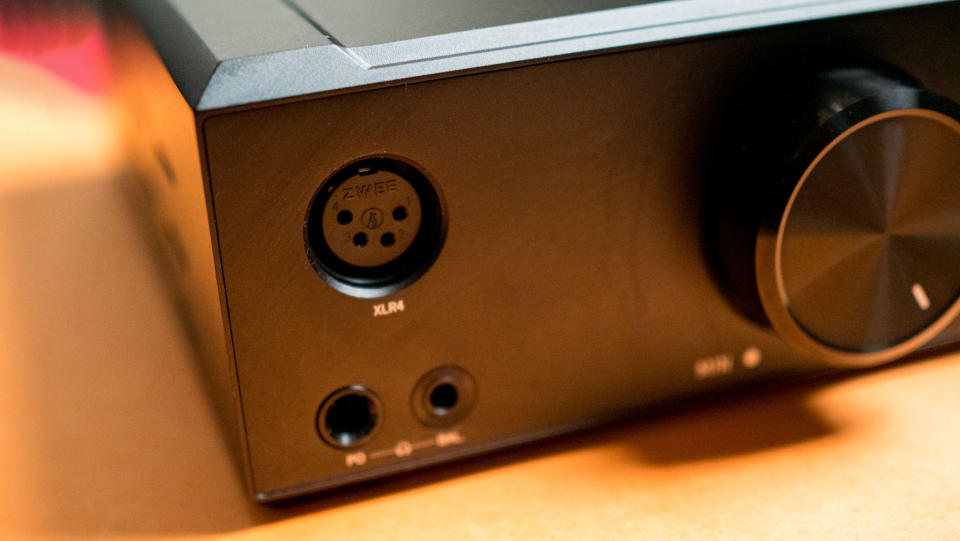
The K9 has the same connectors up front, so you get a balanced 4.4mm port, 4-pin XLR that has a dust cover, and a single-ended 6.35mm connector. The status LED highlights the mode in use, and you can use USB, optical, coaxial, line in, and Bluetooth. At the bottom, you get the power button, gain toggle — high, medium, and low — along with an input selector, and output toggle that lets you use the K9 as a dedicated DAC, headphone out, or in a configuration that sees it acting as a preamp.
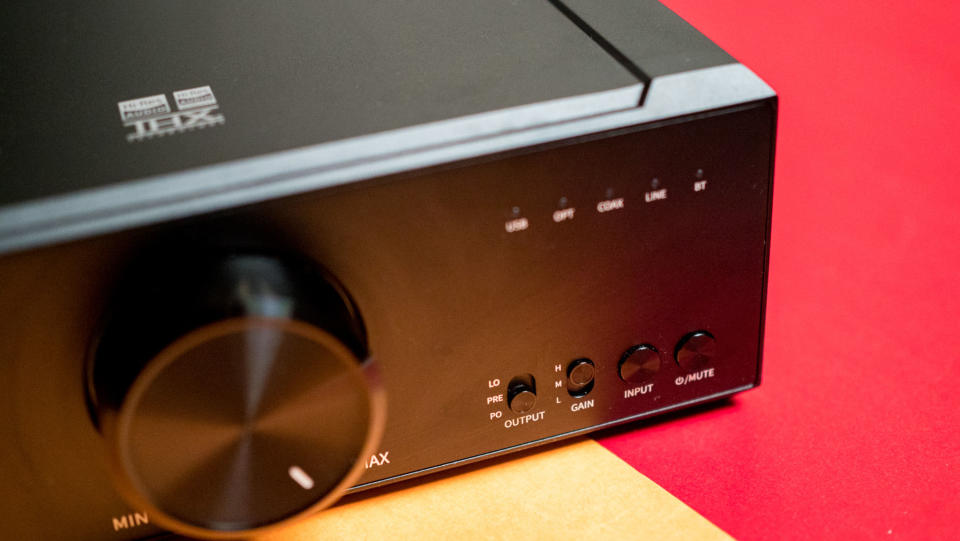
Given that the K9 uses the same black chassis as the Pro model, it doesn't really draw much attention to itself. Both sides of the unit have a vented design to deliver passive airflow, and this is needed because there's no active cooling. You get the same THX branding at the top, but it isn't embossed, and the new Fiio logo is etched above.
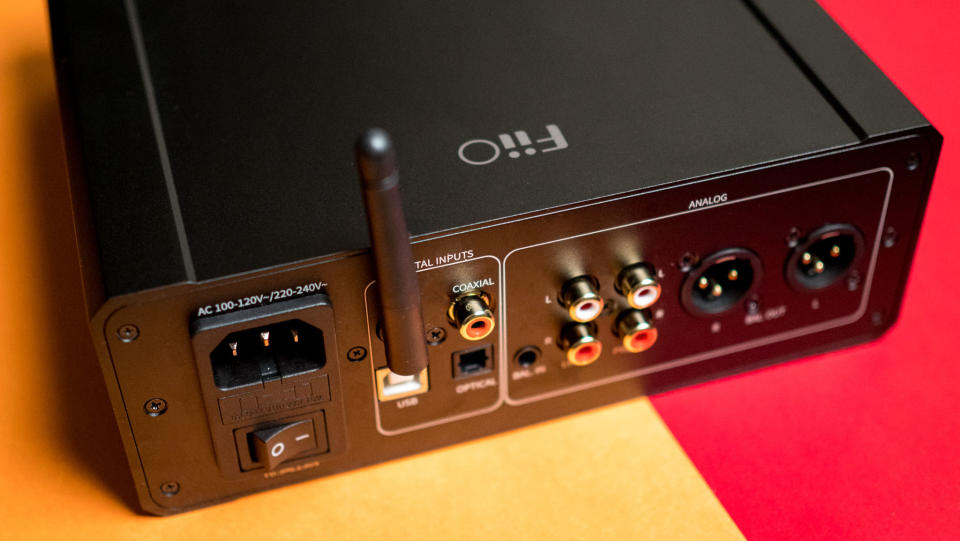
It's at the back where things get interesting, with the K9 offering the same set of connectivity options as the K9 Pro. You get an antenna to deliver a stable Bluetooth signal, and there are USB-B, coaxial, and optical inputs along with a 4.4mm balanced and the traditional RCA. You also get RCA and 3-pin XLR out.
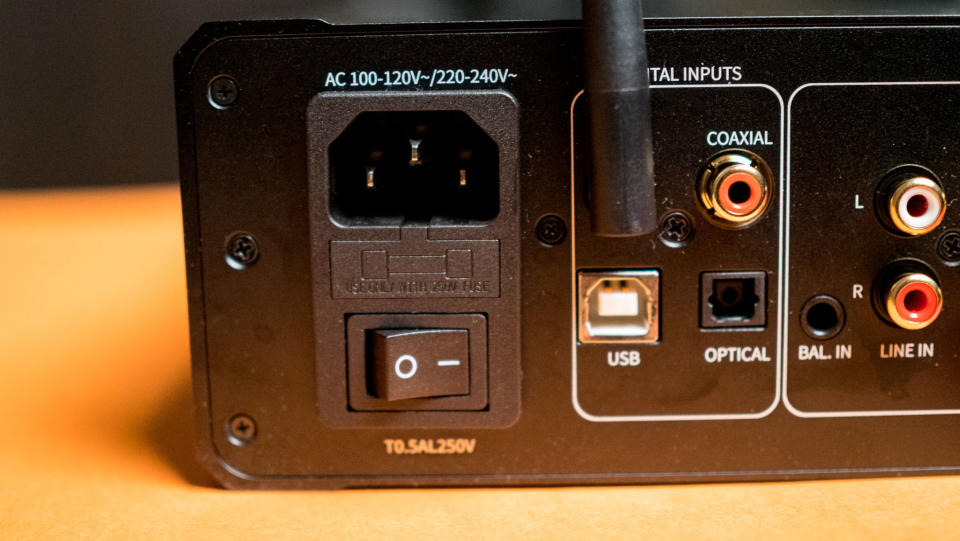
The only thing missing on the K9 is USB-C connectivity, and MQA rendering. While I would have liked to see USB-C, it isn't a big deal, and honestly, you get a ton of other ports on the DAC. MQA is used mostly by Tidal, and as the standard itself is out of favor, its omission doesn't actually mean anything.
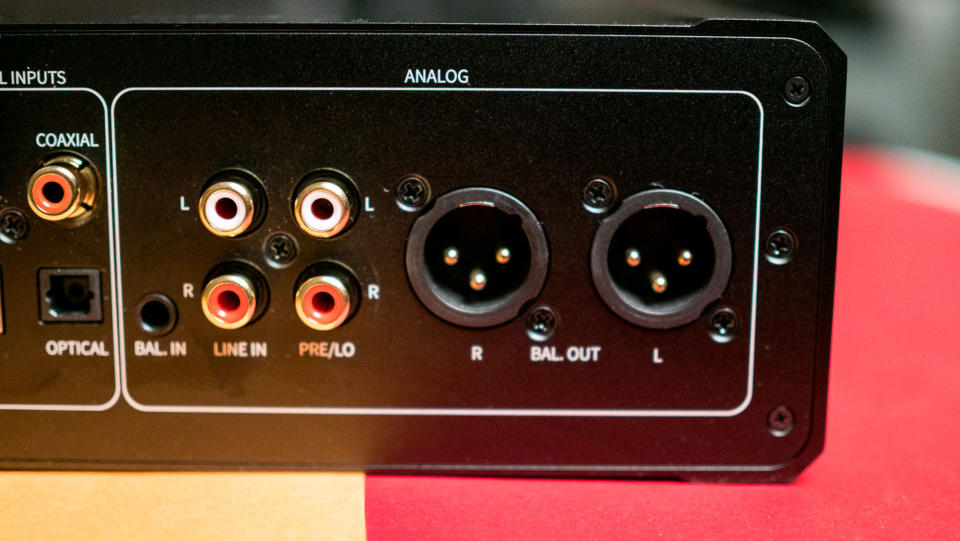
What I like about the K9 retaining the same design is that it can be mounted in a horizontal or vertical orientation, and you get a stand in the package that lets you mount it vertically. Coming in at 5.7lb (2.6kg), it is just as heavy as the K9 Pro, and it isn't designed with portability. The package contains a USB cable, 3.5mm to 6.35mm connector, and an additional fuse.
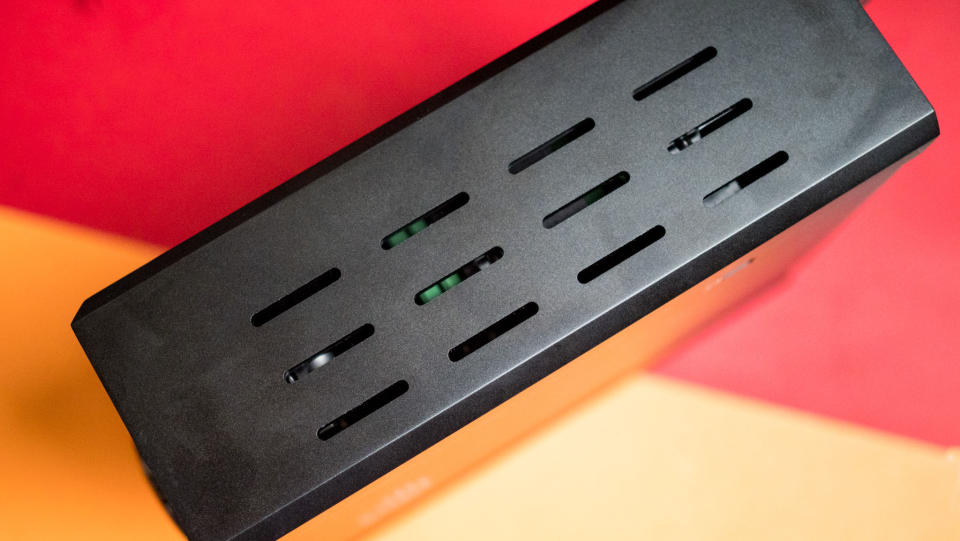
The FiiO Control app continues to be great, and it gives you exhaustive control over just about every area of the K9. You can see the active mode, select Bluetooth audio codecs, adjust the lighting around the volume knob, set EQ, and adjust the channel balance.
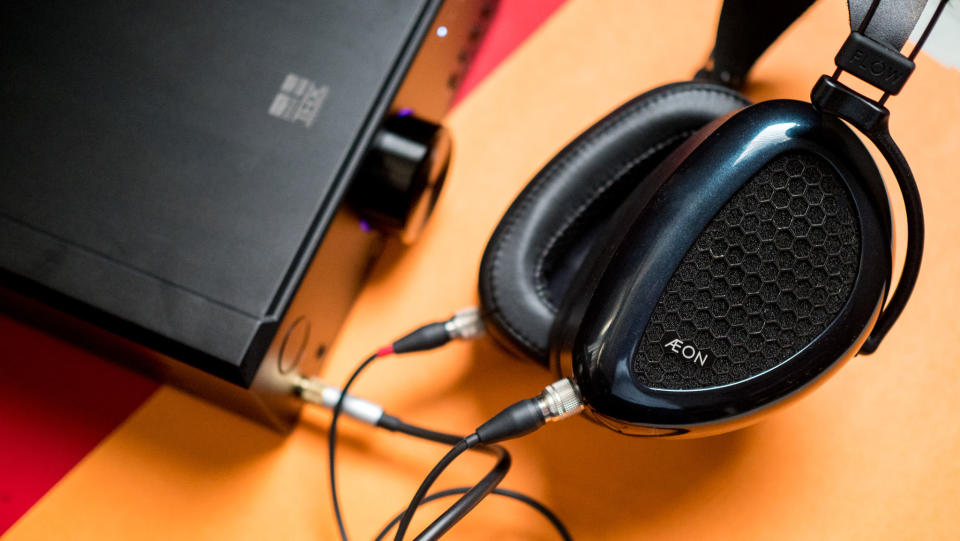
Coming to the audio side of things, the K9 uses two 32-bit ESS Sabre ES9068AS DACs. The 2-channel DAC sits one tier below the ES9038 Pro that's featured in the K9 Pro, but you don't really notice much in the way of difference between the two in daily use. You once again get two THX AAA 788+ amps, and the K9 utilizes the same Qualcomm QCC5124 Bluetooth modem as its costlier sibling to deliver Bluetooth 5.1 connectivity.
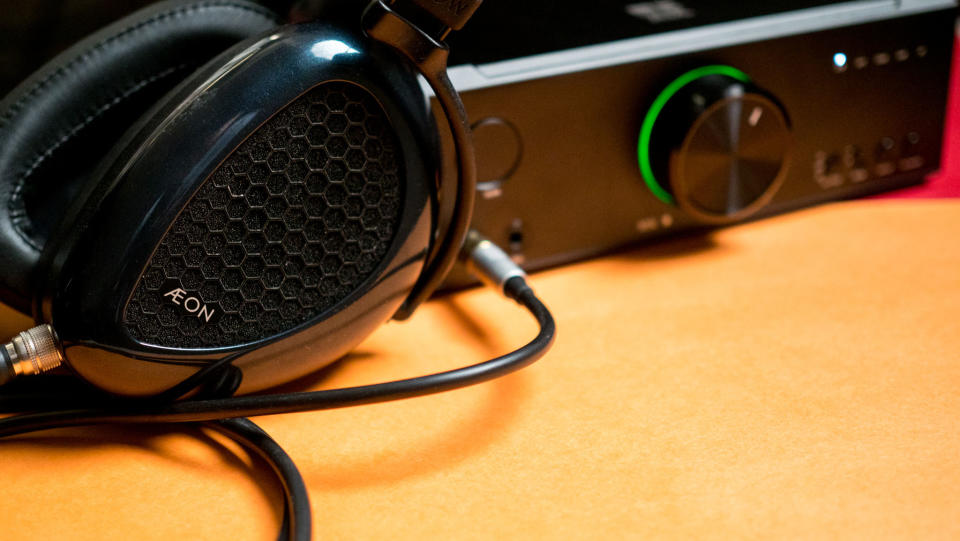
Talking about Bluetooth, you get all the audio codecs you'll ever need: AptX, AptX LL, AptX HD, AptX Adaptive, and LDAC. The LED light on the volume knob changes based on the codec in use, and it is a good visual indicator.
When used in USB mode, the K9 is able to go up to 768kHz/32-bit over PCM and DSD512. That goes down to 192kHz/24-bit over coaxial, and 96kHz/24-bit via optical. The K9 is an all-in-one device, and it has plenty of power to drive just about any audio device, including the most demanding planar headsets. Conversely, it is able to power sensitive IEMs without any issues whatsoever — all you'll need to do is set the gain to low.
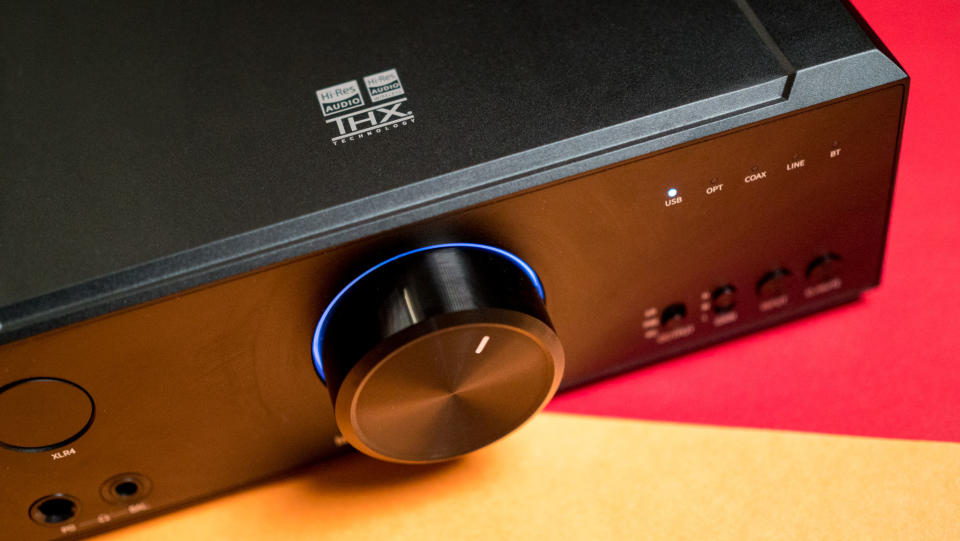
The K9 is able to deliver up to 1W of power at 16Ω, 1.5W at 32Ω, and 200mW at 300Ω over the 6.35mm port. Switching to the balanced 4.4mm and XLR ports, you get 1W of power at 16Ω, 2W at 32Ω, and 780mW at 300Ω. I tested the K9 with plenty of headsets, including the outstanding Audeze MM-500, Audeze LCD-GX, and Fiio's FT3, FT5, FX15, and Dan Clark Audio's Aeon X. The DAC did an outstanding job with every device, and as I said at the start, I don't see the need to justify paying a premium for the K9 Pro any longer.
Fiio DACs usually deliver a clean sound without any coloration, and the K9 is no different. Like all great DACs, it just gets out of the way, and allows audio devices to shine; using the MM-500 with the K9 was just as enjoyable as with the K9 Pro. Yes, the K9 Pro delivers a better low-end when testing with the same headsets, and it has cleaner mid-range and elevated highs. That said, the differences are barely noticeable, and in all honesty, the K9 does just as good a job in daily use.

Where the K9 stands out is by pitting it against the K7; in this situation, the differences are easily noticeable. The K9 delivers a much better soundstage and dynamics, and you can immediately notice the difference in tonality between the two DACs — the K9 is just able to deliver a vibrant sound that you don't get with the K7.
Ultimately, the K9 offers the best value in Fiio's extensive DAC catalog. It has most of the features that made the K9 Pro an outstanding choice, and the best part is that it costs just $499. That's quite the bargain considering just what you're getting with this DAC.
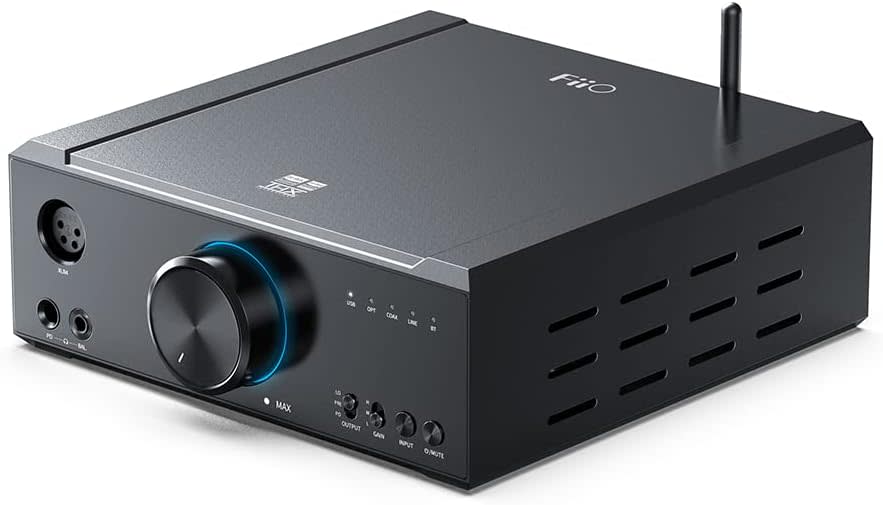
Fiio K9
The K9 has a similar feature-set as the costlier K9 Pro, but you don't need to pay as much, making it a great choice in Fiio's DAC catalog.
